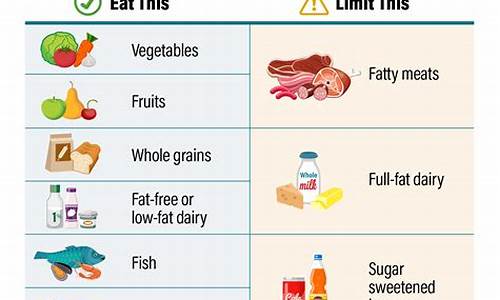Dietary Tips for Healthy Living for the Elderly
As we age, our nutritional needs change, and maintaining a balanced diet becomes even more critical for elderly individuals. Proper nutrition not only boosts energy levels but also plays a vital role in preventing chronic diseases, maintaining mobility, and improving overall quality of life. For the elderly, a diet rich in essential vitamins, minerals, and other nutrients is key to staying healthy. In this article, we will explore dietary tips tailored to help seniors live healthier and more active lives.
1. Focus on Nutrient-Dense Foods
As metabolism slows with age, it’s important to focus on nutrient-dense foods. Elderly individuals should prioritize fruits, vegetables, whole grains, lean proteins, and healthy fats. These foods are rich in the vitamins and minerals necessary to support the immune system and maintain healthy skin, muscles, and bones.
2. Stay Hydrated
Dehydration is a common issue among seniors, and it can lead to various health problems, including fatigue and confusion. Drinking sufficient water throughout the day is crucial for maintaining kidney function and preventing constipation. In addition to water, consuming hydrating foods like cucumbers, tomatoes, and soups can help keep fluid levels in check.
3. Balance Protein Intake
Protein is essential for preserving muscle mass and strength, which tend to decline with age. Seniors should aim to include lean sources of protein, such as chicken, fish, beans, and eggs, in their daily meals. Proper protein intake helps with tissue repair and supports the immune system.



4. Limit Processed Foods
Processed foods are often high in sodium, sugar, and unhealthy fats, which can contribute to high blood pressure, diabetes, and heart disease. It is important for the elderly to limit their intake of processed snacks, sugary drinks, and fast food. Opting for fresh, whole foods can help prevent these chronic health issues.
5. Incorporate Fiber for Digestive Health
Fiber is essential for digestive health and preventing constipation, a common issue among older adults. Foods rich in fiber include whole grains, legumes, fruits, and vegetables. Fiber also helps maintain healthy cholesterol levels, reducing the risk of heart disease.

Conclusion
In conclusion, proper nutrition plays a pivotal role in ensuring that seniors maintain good health and a high quality of life. By focusing on nutrient-dense foods, staying hydrated, balancing protein intake, limiting processed foods, and incorporating fiber, elderly individuals can greatly enhance their well-being. A balanced diet, combined with regular physical activity, is the foundation of healthy aging.
